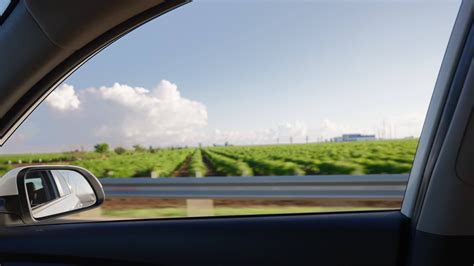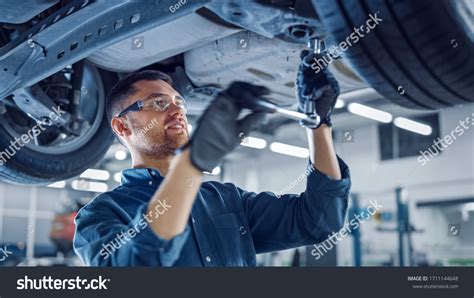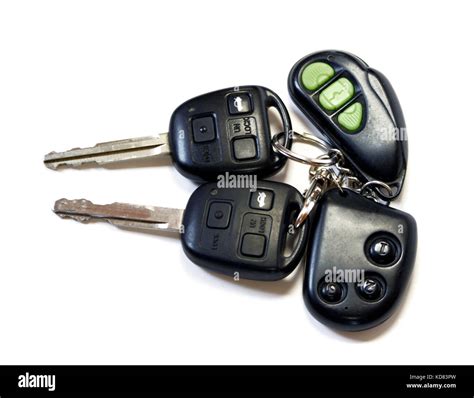Unlock Significant Savings at the Pump with Smart Driving
In an era of fluctuating fuel prices, every drop of gasoline counts. While upgrading your vehicle or investing in hybrid technology can boost fuel economy, the most immediate and cost-free way to improve your car’s Miles Per Gallon (MPG) lies in your driving habits. Adopting a few simple, conscious changes behind the wheel can lead to significant savings and a greener footprint. Let’s explore the key habits that can transform your fuel consumption.

1. Embrace Smooth Acceleration and Braking
Aggressive driving is a major fuel killer. Rapid acceleration and hard braking not only wear out your brakes faster but also force your engine to work harder, consuming more fuel. Instead, practice gentle acceleration, taking 5-6 seconds to reach 15 mph from a stop. Similarly, anticipate traffic and red lights to allow for gradual deceleration, coasting whenever safely possible.
Anticipate Traffic and Plan Ahead
Look several cars ahead to anticipate changes in traffic flow. This gives you more time to react, reducing the need for sudden braking and accelerating. Maintaining a safe following distance also plays a crucial role, allowing you space to ease off the gas rather than slamming on the brakes.
2. Maintain a Steady Speed
Constant speed changes force your engine to continuously adjust, which uses more fuel. On highways, utilize cruise control whenever appropriate to maintain a consistent speed. Your car’s most fuel-efficient speed typically ranges between 45-60 mph, though this can vary by vehicle. Exceeding speed limits not only puts you at risk but also dramatically increases fuel consumption due to aerodynamic drag.

3. Observe Speed Limits
It’s simple: the faster you drive, the more fuel you burn. Fuel economy decreases rapidly at speeds above 50 mph. For every 5 mph you drive over 50 mph, it’s like paying an additional $0.35 per gallon for gas. Sticking to posted speed limits is one of the easiest ways to improve your MPG.
4. Reduce Aerodynamic Drag
Anything that creates resistance against your car’s movement will make your engine work harder. Remove roof racks, bike carriers, or cargo boxes when not in use, as they significantly increase drag. Driving with windows down at high speeds also creates drag, so opt for air conditioning on the highway if the outside temperature is very warm – the drag from open windows at high speeds can sometimes consume more fuel than the AC.

5. Keep Tires Properly Inflated
Underinflated tires increase rolling resistance, forcing your engine to use more power and fuel. Check your tire pressure regularly, at least once a month, and ensure they are inflated to the manufacturer’s recommended PSI (found on a sticker inside your driver’s side door jamb or in your owner’s manual). Proper inflation can improve gas mileage by up to 3%.
6. Perform Regular Vehicle Maintenance
A well-maintained car runs more efficiently. Ensure you follow your car’s maintenance schedule. Key items for fuel efficiency include:
- Engine Air Filter: A clogged filter restricts airflow to the engine, reducing performance and fuel economy.
- Spark Plugs: Worn-out spark plugs can lead to misfires, wasting fuel.
- Oil Changes: Using the correct type and clean engine oil reduces friction within the engine.

7. Avoid Excessive Idling
Modern cars are designed to be more fuel-efficient when restarted than when left idling for extended periods. If you anticipate being stopped for more than 60 seconds (e.g., waiting for someone, at a long train crossing), it’s generally more fuel-efficient to turn off your engine and restart it when you’re ready to go. Many newer vehicles have start-stop technology for this reason.
8. Combine Trips
A cold engine uses more fuel. Short, frequent trips prevent your engine from reaching its optimal operating temperature, leading to lower MPG. Plan your errands to combine multiple stops into one longer trip. This allows your engine to warm up properly, increasing its efficiency.

Conclusion: Drive Smarter, Not Harder
Boosting your car’s MPG and saving gas money doesn’t require drastic lifestyle changes. By integrating these simple driving habits into your routine – smooth acceleration, steady speeds, proper maintenance, and mindful trip planning – you can significantly reduce your fuel consumption. Not only will your wallet thank you, but you’ll also contribute to a healthier environment and potentially extend the life of your vehicle. Start today, and feel the impact at your next fill-up!




